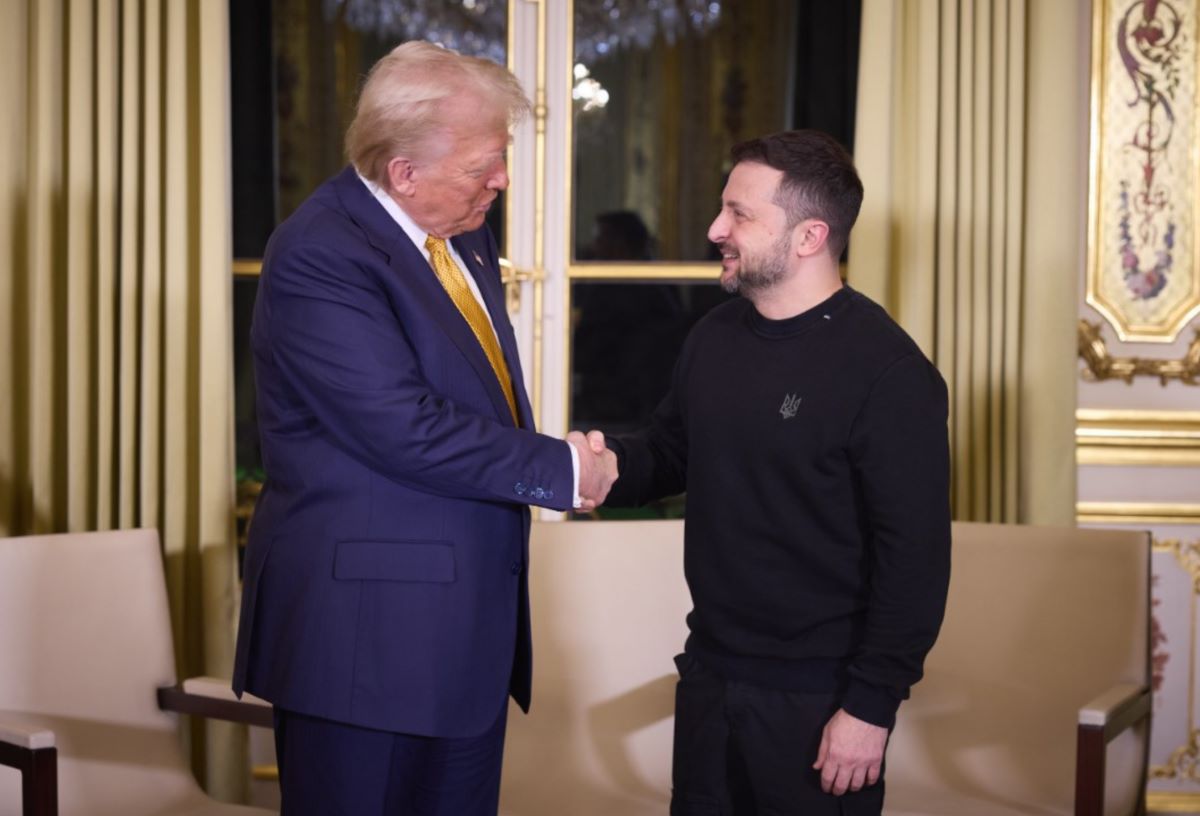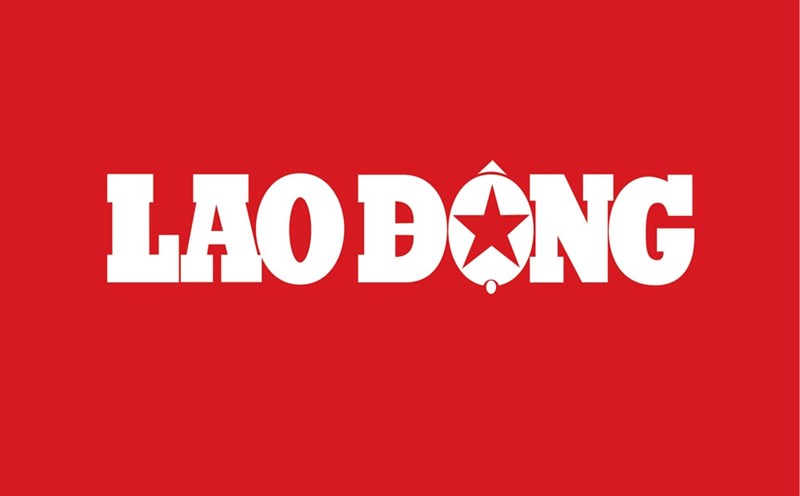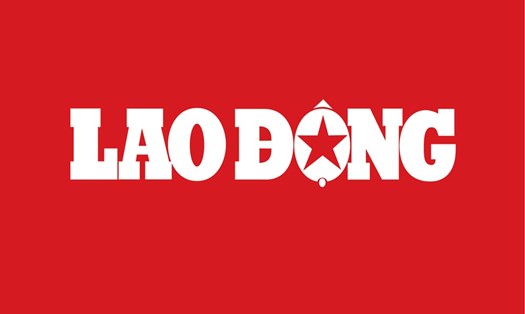In an interview with Time Magazine on December 12 after being named Person of the Year, President-elect Donald Trump affirmed that he would not completely cut off aid to Ukraine as part of any peace deal with Russia. However, he refused to reveal details of his proposed peace plan.
“If you want to make a deal, you can’t abandon Ukraine,” Trump said when asked about Washington’s possible withdrawal of support for Kiev. When the interviewer repeated the question, Trump reiterated his stance: “I just said, you can’t make a deal if you abandon Ukraine.”
Since Russia launched its special military operation in Ukraine in February 2022, the US has provided more than $180 billion in military, humanitarian and economic aid to Ukraine. However, Washington has denied any direct role in the conflict. Moscow has repeatedly warned that the escalation of Western aid to Ukraine will only exacerbate tensions.
Mr. Trump has repeatedly expressed the view that this conflict could have been avoided if he had remained president instead of letting Joe Biden succeed him in 2021. "This is a crazy war. We are escalating this war and making things worse," he commented.

According to the Wall Street Journal, Mr. Trump is considering a proposal calling on European countries to send peacekeeping forces to Ukraine to monitor the ceasefire between Kiev and Moscow.
In recent discussions with French President Emmanuel Macron and Ukrainian President Volodymyr Zelensky, Mr. Trump stressed that Europe should take on a key role in maintaining peace, while pledging not to deploy US troops for this mission.
The idea was initially discussed behind closed doors between British and French officials, and was later put on the agenda with Trump and other European leaders, according to the Wall Street Journal. However, key details such as the countries involved, the number of troops, and the level of US support have not been clarified.
Mr Trump is also said to have suggested the EU put pressure on China to persuade Russia to end the conflict, even suggesting using tariffs as leverage.
However, Mr Trump’s proposal faces several major challenges. First, it is unclear whether Russia would accept the participation of a European-led peacekeeping force, as Moscow has always viewed NATO and Western nations as a security threat.
Second, many European countries are strapped for military resources and may not have the domestic political support needed for a mission in Ukraine.
NATO, meanwhile, has planned to host a meeting of the leaders of Britain, France, Germany, Italy and Poland with President Zelensky in Brussels to discuss security guarantees for Ukraine. However, no decisions have been made on how to implement the details.
As he prepares to hand over power on January 20, Mr. Trump has not fully committed to any plan. Some of his aides said he “has not thought deeply about it” and remains open to various possibilities.







